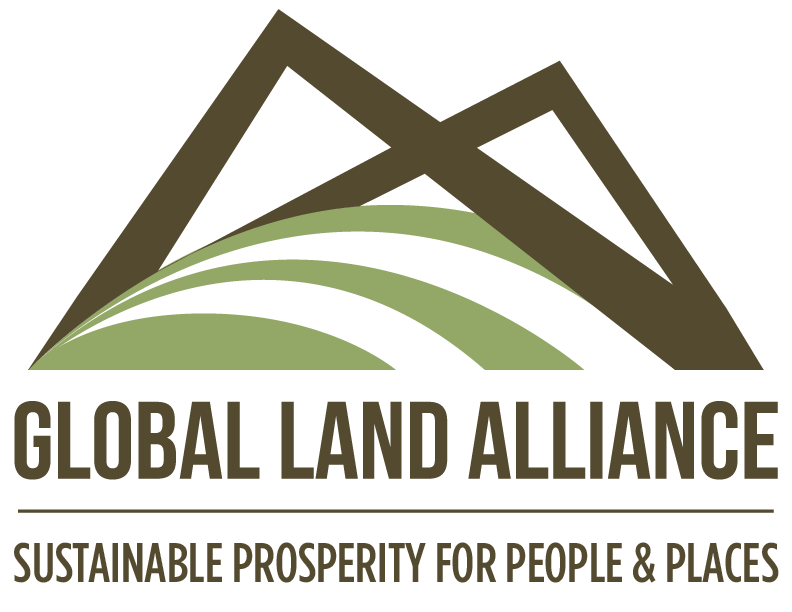Promoting Rural Land Tenure in Haiti
(BY LAURA BERMUDEZ)
From the local judge, to the small-scale farmer, to heads of single headed households, people gathered at the meeting sites. They came to learn about and comment on the proposed Haitian Land Tenure Security in Rural Areas Project – Phase II (PSFMR II).
Over the past month, CIAT (Haitian Interministerial Committee on Territorial Management) has implemented the public consultation process designed by Land Alliance to engage their target communities in a participatory process to establish a good-willed and transparent relationship between the communities and the project. The teams have held public consultation meetings at 14 different communal sections targeted in the project.
At the meeting, CIAT project staff actively inform the community of risks, benefits and impacts of the proposed project from a social and environmental perspective – and then listen, document and consider the community’s input while managing expectations and clarifying the scope of the proposed project. A large portion of the meeting is reserved to hear people’s questions, suggestions and concerns.
Land Alliance worked with CIAT and the Inter-American Development Bank social safeguard specialists to design the consultation process and help ensure the participation of a widely representative sample through purposive sampling specific to the targeted communities. It also helped to promote attendance to the meetings and trust in the project using trained local facilitators. Additionally, the strategy for initial contacts with the community helped CIAT staff to identify appropriate meeting times (avoiding market days, fishing times, prayer days), easily accessible meeting locations, and identify far away communal sections to facilitate transport to and from the meeting locations.
In addition, meetings were designed to sub-divide after the presentation into simultaneous sessions to hear those directly affected and sessions to hear other interested parties. In some meetings, depending on the region and the land tenure issues, the meetings were divided into sessions for men and sessions for women with an emphasis on the participation of those directly affected. This sub session strategy allowed CIAT staff to allot a significant amount of time to hear people’s questions and comments.
Overall, the process design facilitated a very inclusive and representative consultation process that allowed CIAT to collect valuable local knowledge, clarify misconceptions about the project and promote trust and transparence between the CIAT and the target communities. Land Alliance will continue to support CIAT over the next few months in the analysis of the content of the meetings and the process to disseminate the results of the consultation back to the participants and the IDB.

